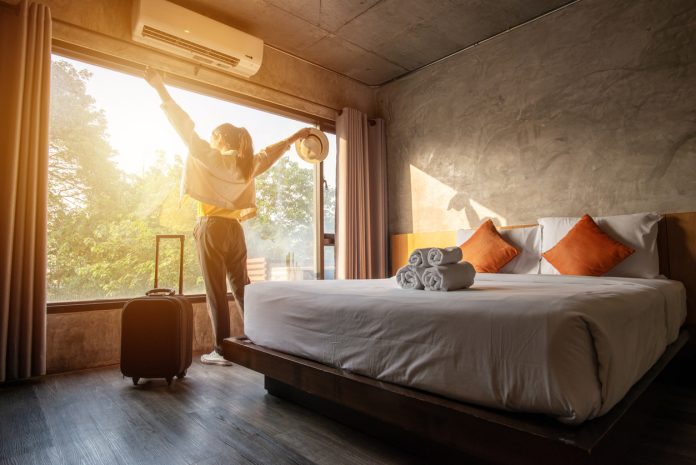Getting a good night’s sleep used to be a simple part of life, but in today’s world, quality rest feels increasingly elusive. Enter sleep tourism, a growing trend that intertwines travel with the pursuit of better sleep. Sleep tourism is not only carving out a unique niche within the booming wellness tourism market but also reshaping how we think about vacations.
This emerging trend focuses on destinations, accommodations, and experiences meticulously designed to help travelers prioritize rest and rejuvenation. Whether you battle insomnia, endless stress, or simply want to reset your sleep patterns, sleep tourism offers a tailored approach to address one of the most essential pillars of health.
Why Sleep Tourism Is on the Rise
The popularity of sleep tourism is driven by multiple modern challenges. Sleep-related issues, fueled by the pressures of daily life, digital distractions, and work stress, have reached critical levels. According to the Centers for Disease Control and Prevention (CDC), one in three adults in the U.S. consistently fails to get adequate sleep, leading to increased risks of obesity, heart conditions, and mental health struggles. Unsurprisingly, this has generated heightened interest in improving sleep quality as an essential component of overall well-being.
Additionally, wellness tourism, a $436 billion global industry according to the Global Wellness Institute, has been steadily rising for years. As consumers look beyond traditional meanings of health and relaxation, sleep-focused travel is naturally becoming a part of this evolution. People are increasingly willing to invest in vacations that provide more than just sightseeing—they want tangible benefits for their mind and body.
What Sleep Tourism Offers
Here’s where the magic of sleep tourism comes into play. Luxury hotels, resorts, and wellness retreats are leading the charge by designing experiences and spaces that promote deep, restorative sleep. From meticulously engineered sleep environments to specialized therapies, here’s how establishments are creating the ultimate refuge for sleep-deprived travelers.
1. Sleep-Focused Accommodations
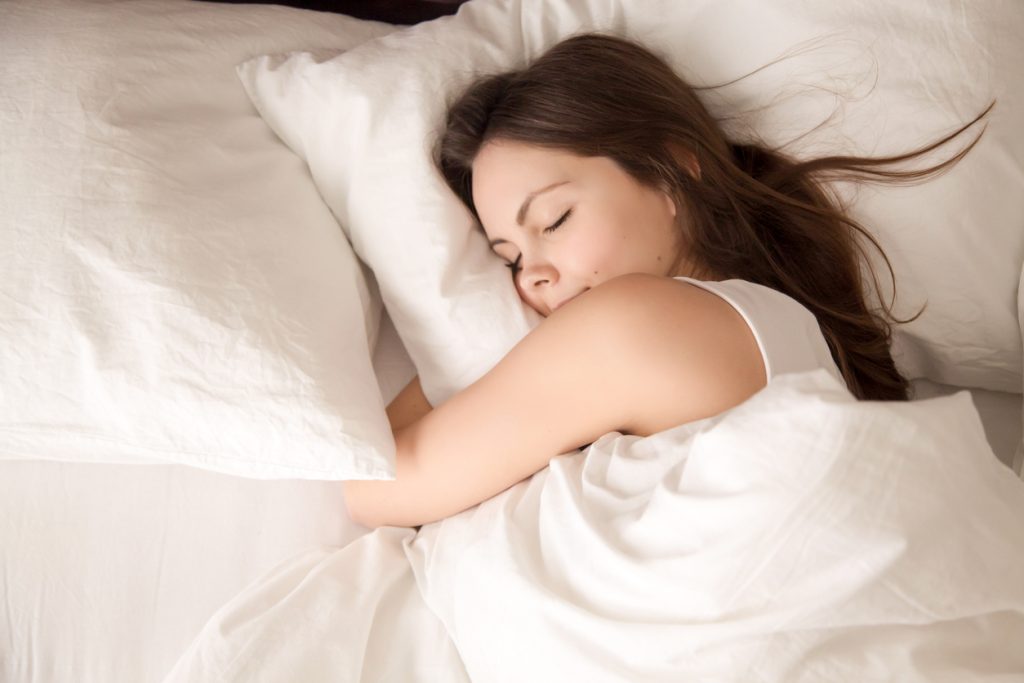
Sleep tourism starts with accommodations equipped with cutting-edge sleep solutions. These establishments aim to create the perfect sleeping environment by tackling common disruptors such as noise, light, and even suboptimal room temperatures.
- The Cadogan, London is at the forefront of sleep tourism, offering a “sleep concierge” service. Guests can access sleep-inducing meditation sessions, luxury bedding designed for optimal comfort, and even custom pillow options tailored to their preferences.
- Zedwell Hotel, London takes it further with soundproofed, windowless rooms. The hotel eliminates distractions by focusing entirely on creating the perfect sleeping atmosphere, free of digital interruptions.
- Six Senses Hotels and Resorts partner with sleep specialists to provide sleep retreats complete with sleep-hygiene consultations, breathable bedding, and specially curated wellness programs to promote deep rest.
2. Sleep Retreats and Programs
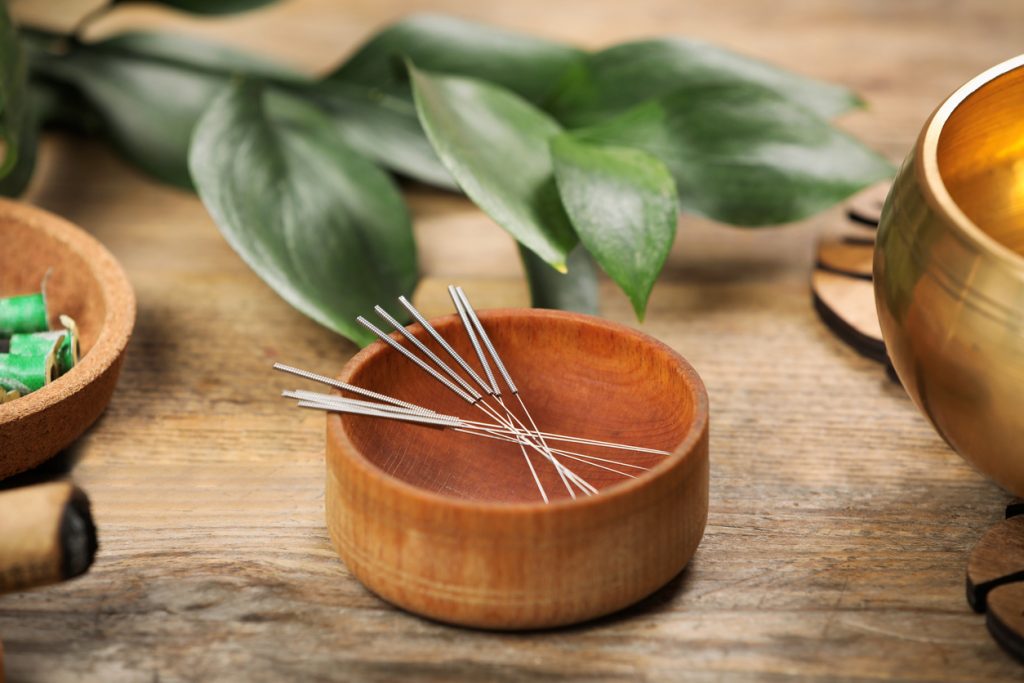
Some travelers seek more immersive, multi-day programs entirely dedicated to restoring healthy sleep routines. These sleep retreats combine expert consultations, activity schedules, and therapies to recalibrate the body’s natural rhythms.
- At Kamalaya Wellness Sanctuary in Thailand, the sleep-enhancement programs address both external factors (like environment) and internal ones (such as stress or hormonal imbalances). The retreat’s specialists provide treatments like massage therapy, acupuncture, and meditation to help guests achieve restful sleep.
- SHA Wellness Clinic in Spain has developed a sleep recovery program that taps into personalized health assessments and restorative sleep therapies. The experience blends sleep-enhancing nutrition, consultations with sleep technicians, and tailored therapeutic sessions such as craniosacral therapy.
3. Cutting-Edge Sleep Technology
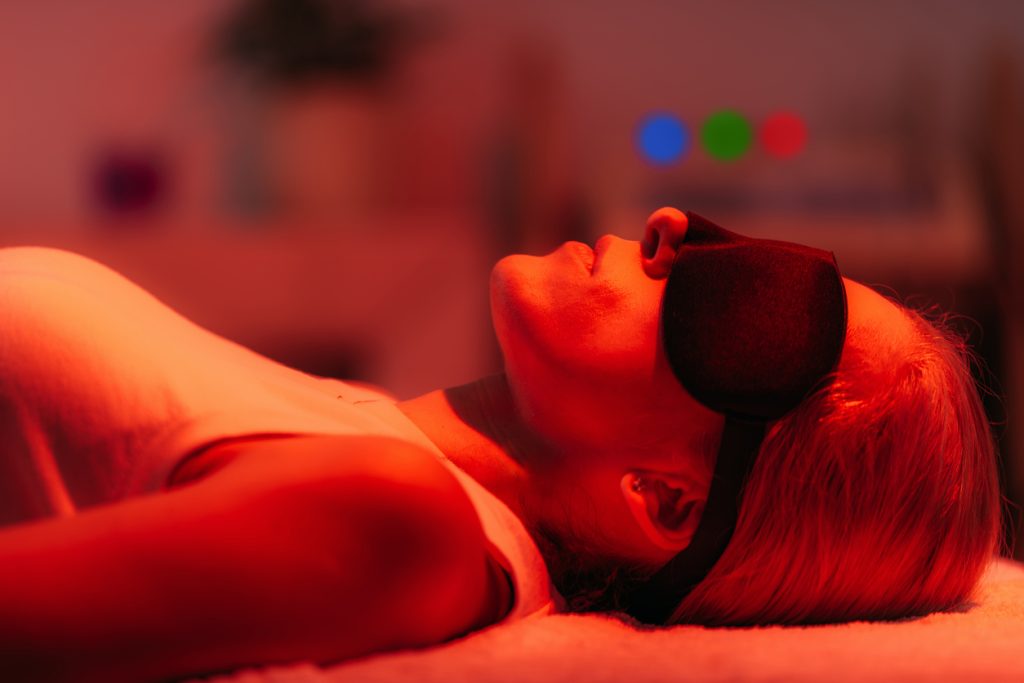
Technology isn’t always the enemy of great sleep—it can also be a powerful ally. Hotels and wellness retreats within the sleep tourism space now feature advanced tools and gadgets designed to improve sleep quality.
- Smart mattresses, like those from Bryte Restorative Beds, are being adopted by luxury hotel chains. These mattresses use AI to measure sleep cycles and adjust firmness or temperature in real-time to optimize comfort throughout the night.
- Many accommodations now offer white noise machines and binaural beats soundtracks to help guests drift off into deeper stages of sleep.
- Red-light therapy lamps, which mimic a soothing sunset to signal the body’s natural circadian rhythm, are becoming a common feature for lighting in sleep-focused hotels.
4. Sleep Education and Coaching
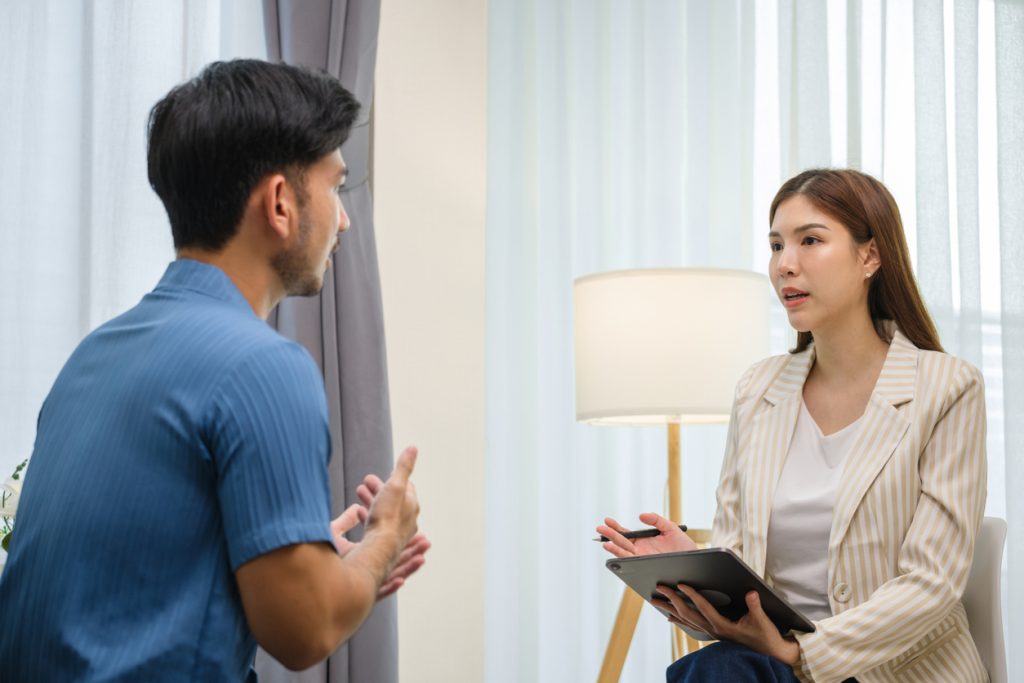
It’s not uncommon for sleep tourism providers to go beyond the here and now, equipping guests with strategies they can take home to continue improving their sleep habits. Sleep coaches, educational workshops, and even post-stay resources are integral to the experience.
For instance, guests who visit Park Hyatt New York’s Sleep Suites by Bryte are educated on how to replicate the perfect sleep environment in their own homes. This includes advice on everything from ideal bedroom temperatures to strategies for limiting blue light exposure before bed.
The Benefits of Sleep Tourism
Sleep tourism extends far beyond mere relaxation—its benefits have profound impacts on physical and mental health. Here’s how travelers stand to gain:
- Improved Cognitive Function:
Quality sleep is crucial for concentration, memory, and decision-making. Many guests who partake in sleep retreats find that their mental sharpness improves dramatically after just a few sessions of undisturbed sleep.
- Hormonal Balance:
Sleep affects everything from appetite-control hormones to stress-related cortisol levels. Re-entering a normal sleep pattern can reduce stress, aid digestion, and even improve skin health.
- Enhanced Emotional Well-Being:
Research links interrupted or insufficient sleep to mood disorders, including anxiety and depression. A sleep-focused vacation provides the tools for complete restoration, often returning participants to daily life with a better mood and perspective.
- Better Immune Function:
With enough deep sleep, the body has the chance to repair itself and bolster the immune system’s defenses, leaving travelers less susceptible to illness upon returning home.
Tips for Travelers Exploring Sleep Tourism
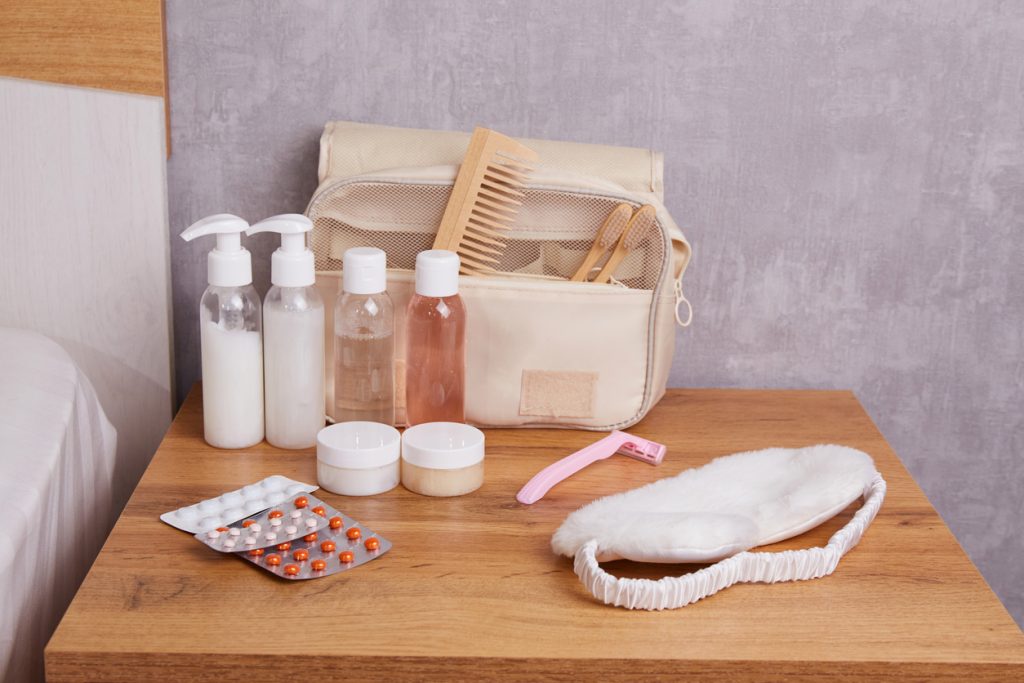
Interested in embarking on a sleep-focused getaway? Here are a few tips to help you maximize your experience:
- Identify Your Sleep Needs:
Before booking, consider what’s disrupting your sleep. Are you a light sleeper? Does stress affect your rest? Finding a program that caters to your specific concerns will provide the best results.
- Do Thorough Research:
Not all sleep tourism providers offer the same quality experience. Look for reviews, explore their program offerings, and check if they partner with credible sleep experts.
- Set Realistic Expectations:
While sleep tourism can work wonders, long-term improvement often requires consistency. Think of your sleep-focused vacation as the start of a larger wellness journey.
- Pack Appropriately:
Many retreats encourage leaving gadgets behind, so consider bringing books, notebooks, or other analog forms of entertainment to help you unwind before bed.
- Adopt What You Learn:
Use your sleep tourism experience as a blueprint for building better habits at home. Whether it’s switching to blackout curtains or introducing a bedtime ritual, small changes can make a big difference.
Final Thoughts
Sleep tourism is a testament to how consumer priorities are shifting toward meaningful, health-oriented travel experiences. It’s not merely about escaping the world for a few restful nights—it’s about reclaiming one of the most vital aspects of life. With increasing awareness of sleep’s role in total wellness, the industry surrounding better rest is set to flourish.
Whether you’re drawn by luxury accommodations, advanced sleep technology, or holistic retreats, there’s something uniquely revitalizing about crafting a vacation entirely around your rest. After all, sleep may very well be the ultimate form of self-care.

